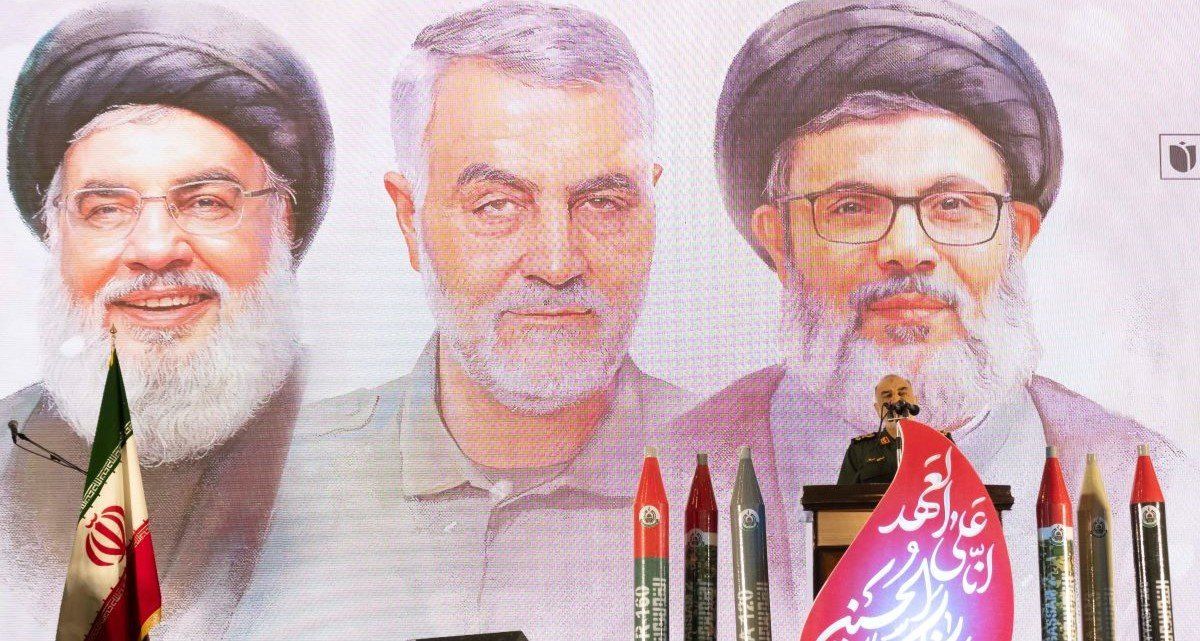HARD NUMBERS: Iran ramps up warhead capacity, US military to expel transgender members, Trump strikes big blow at Venezuela’s economy, Japan’s babymakers slide, Grim report on Syrian prison
6: Following a recent rapid increase in uranium enrichment, Iran now has enough fissile material to make six nuclear warheads, according to a new UN report. The ramp-up comes as Tehran finds itself in its weakest position in years – Israel has recently pummelled Iran’s main regional proxy Hezbollah, and the Iran-allied Assad regime in Syria fell in December. Israel also has threatened to destroy Iran’s nuclear facilities. The Trump administration has signaled an openness to talks while also pledging to reimpose “maximum pressure” sanctions.
30: The Trump administration has given the US armed forces 30 days to identify and discharge any transgender service members. The move follows President Donald Trump’s ban on transgender people serving in the military, which has been challenged in the courts. A recent Gallup poll shows that nearly three out of five US adults support the right of openly transgender people to serve in the military, but that level has fallen more than 10% since 2019.
240,000: Venezuela is bracing for a big economic hit after Trump pledged this week to reverse Biden-era “concessions” that permitted US energy firms to pump oil in the heavily sanctioned dictatorship. Trump said the move was punishment for Venezuela’s failure to accept enough migrants deported from the US and for slacking on electoral reforms it promised the Biden administration. No companies were named specifically, but US oil giant Chevron alone pumps about 240,000 barrels per day, a quarter of oil-dependent Venezuela’s entire output.
720,988: Japan makes many wonderful things, but one thing it is producing less and less of is babies. The number of newborns last year was just 720,988, the lowest modern mark on record. Births have declined for nine straight years, despite government efforts to ease the burdens of child-rearing. Meanwhile, more than twice as many Japanese died as were born last year, accelerating a demographic crisis in the world’s fourth-largest economy.
1,000: More than 1,000 Syrians died, were executed, or were tortured to death while detained at an infamous airport prison run in a Damascus suburb by the now-defunct Assad regime, according to a report by a Syrian human rights group. The estimate was reached through a combination of witness testimony and satellite imagery showing what appear to be mass grave sites. In December, the Assad regime was overthrown after more than 50 years in power, ending a civil war that lasted over a decade. The UN says at least 130,000 Syrians are still missing.
